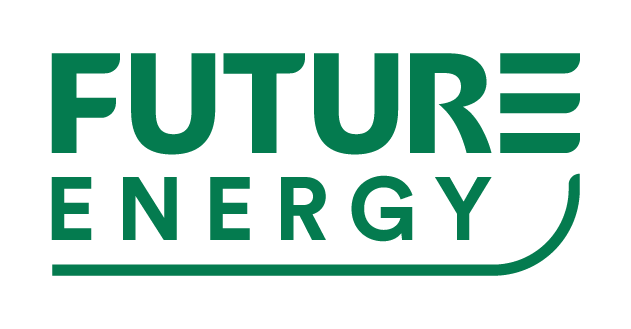Four ways to be more energy efficient
It’s a brand new year, so it’s out with the old and in with the new. Are you looking at reducing your carbon footprint and saving money in the process?
Certain steps you take will not only reduce your carbon footprint in 2022 but will also enable you to continue being environmentally friendly for years to come, through the investment in energy efficient products. Whether you make the move and switch over to an electric vehicle and charge it with your own home EV charger, or simply install a heat pump, each change will make a difference. Read on to learn four handy ways to be more energy efficient.
Switch over to a hybrid or electric vehicle
Electric vehicles are becoming more and more popular for the very reason that they are the most environmentally friendly vehicle to use long term. Fueled by electricity, they avoid using petrol or diesel, and the recurring extensive burning of fossil fuels. Using gas cars each day creates the end product of CO2 which disseminates as the more commonly known term ‘greenhouse gasses’.
On average, a vehicle will disseminate 180.7gm of CO2 per kilometre driven in New Zealand. You can imagine over a period of a year, this equates to a substantial amount of atmosphere pollution. With greenhouse gasses being the main contributing damaging factor to global warming, your switch to an electric car will help you in your journey to being more energy efficient. While electric vehicles still technically use energy derived from burning fossil fuels, it’s three times less than that of a gas vehicle.
Want to know the cost of making the switch? Future Energy can give you free advice and quotes. Speak to us today!
Install an at home EV charger with Future Energy
2. Install solar panels
Solar panels utilise sunlight as opposed to burning fossil fuels. Approximately 80% of the world’s energy is still derived from burning fossil fuels such as oil, coal or gas.
Installing the appropriate number of solar panels to cover the entirety of your electricity usage can cut out your contribution to this altogether. Like with many energy efficient products, you will also save money over a period of time. While you will initially need to pay for your solar panels, solar inverter and solar battery, this amount is paid back over time through the huge savings in your power bills.
What’s more, if you have solar energy and charge your electric vehicle through your at home EV charger, the planet and your pocket will be thanking you!
You may be asking - how do solar panels work? The photovoltaic (PV) cells on solar panels absorb the sunlight and transform it into direct currency energy. From here, the solar inverter converts this energy into alternating current energy which is usable electricity for your home. Additional electricity created is sent into the electric grid so all energy created can be utilised.
Get a free quote on solar panels
3. Opt for a heat pump over other forms of heating
Heat pumps are the most popular type in New Zealand due to the fact they are the most energy efficient way to heat and cool your home. The amount of heat created is on average, three times more than the amount of energy used.
The heat created isn’t through electric coils or natural gas combustion. Instead, the only energy required is to function the compressor and blower fan. Heat pumps additionally hold advanced technology that furthers their energy efficiency. For instance, warm or cool air is transferred from one area of the house to another, saving on energy use and costs.
Explore heat pump options here
4. Ensure you have an efficient home ventilation system
A home ventilation system is first and foremost beneficial for your health. The resulting ventilation enables a dry, warm home and prevents mold and respiratory illnesses. The additional benefit is that it can help cut down how frequently you need to use heating due to the system optimising on heat within the home.
Is your home often cold and damp or even mouldy? As warm air naturally rises, you often may not reap the benefits of a stable temperature. Ventilation helps to move damp, cold air out and instead, recover heat from the stale air and push the warmth throughout your home so you don’t need to constantly have your heat pump going.
There are ways you can implement natural ventilation in the summer by keeping doors and winters open, however, the colder months often require the use of a home ventilation system. These can easily be installed and last the test of time, so you can feel the difference with a healthy, environmentally friendly home.
Get a free quote on your home ventilation system

